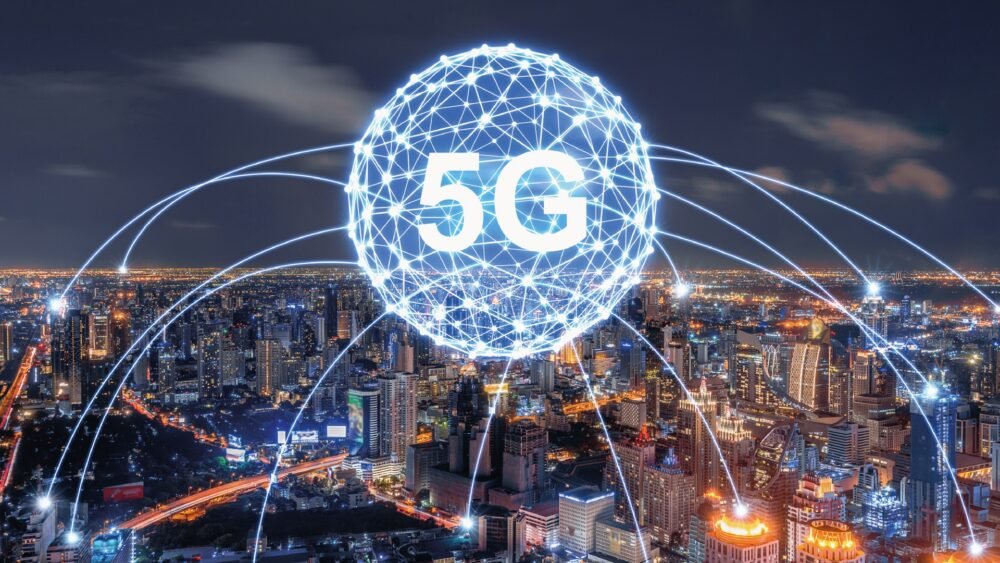Pakistan Telecommunication Authority (PTA) outlined several key challenges in rolling out 5G in the country including substantial investment, slow return on investment and availability of handsets.
The Authority stated that the deployment of 5G requires a substantial investment in terms of upgrading existing networks and expanding infrastructure with the installation of small cells, advanced antennas, and extensive fiber optic backhaul.
This imposes a considerable financial burden on telecom operators as securing the required capital can become a challenge for them, particularly in a competitive market with price-sensitive consumers.
Moreover, the return on investment may take time, making them cautious about committing large capital expenditures upfront.
Government incentives and Private-Public Partnerships (PPPs) may hence be crucial to ease this financial strain and promote necessary investments. Bridging the digital divide constitutes a significant challenge in the rollout of 5G in Pakistan.
While urban areas may quickly benefit from the advanced infrastructure, rural and remote regions risk being left behind due to the high costs and logistic hurdles of extending 5G to sparsely populated areas. The availability of 5G handsets is also a barrier to widespread 5G adoption. Ensuring equitable, nationwide access to 5G services is crucial for inclusive economic growth and social development.
Promoting public awareness and 5G adoption is another challenge as many consumers and businesses are yet to fully understand the benefits and potential of 5G, leading to slower uptake. Concerns about health effects and misconceptions about 5G can also hinder public acceptance.
The government and telecom operators need to invest in public education campaigns, informing citizens about the advantages of 5G. Transparent communication will be essential to build trust and foster widespread adoption.
The scope of 5G in Pakistan is vast and promising, offering transformative changes across multiple sectors. This next-generation technology can significantly enhance connectivity, drive economic growth, and improve quality of life. Economically, 5G can catalyze the expansion of digital services, e-commerce, and innovation hubs, attracting both domestic and foreign investment.
To fully unlock the potential of 5G, Pakistan must overcome challenges related to infrastructure development and equitable access across all regions. With a strategic approach, the country can harness 5G to drive digital transformation and foster inclusive growth. The 5G implementation process has already been initiated, with necessary efforts underway for its successful rollout. All stakeholders are actively gearing up for the introduction of 5G mobile connectivity by mid-2025, the Authority added.
Backhaul infrastructure is one of the key factors in ensuring 5G readiness as it plays a crucial role in the performance and capacity of 5G networks. Serving as the backbone that connects core networks to RANs, backhaul infrastructure is essential for supporting 5G’s promise of higher data rates, lower latency, and increased connectivity. A robust, high-capacity backhaul network is necessary for 5G to enable seamless streaming, real-time applications, and high speed Internet. It ensures that data is transmitted efficiently and reliably, preventing bottlenecks that could undermine user experience and network performance. Pakistan has been focusing on backhaul readiness as a key step towards 5G deployment. In this regard, allocations have been made to CMOs in suitable frequency bands for backhaul (E-band), along with facilitated trials to assess the performance of different backhaul technologies crucial for supporting the high data rates and low latency requirements of 5G.
During the year under review, PTA closely worked with telecom operators to upgrade their infrastructure for high-capacity backhaul. By monitoring compliance and promoting investments in backhaul infrastructure, PTA aims to ensure that Pakistan’s telecom sector is well-prepared for the efficient rollout and operation of 5G networks across the country.










